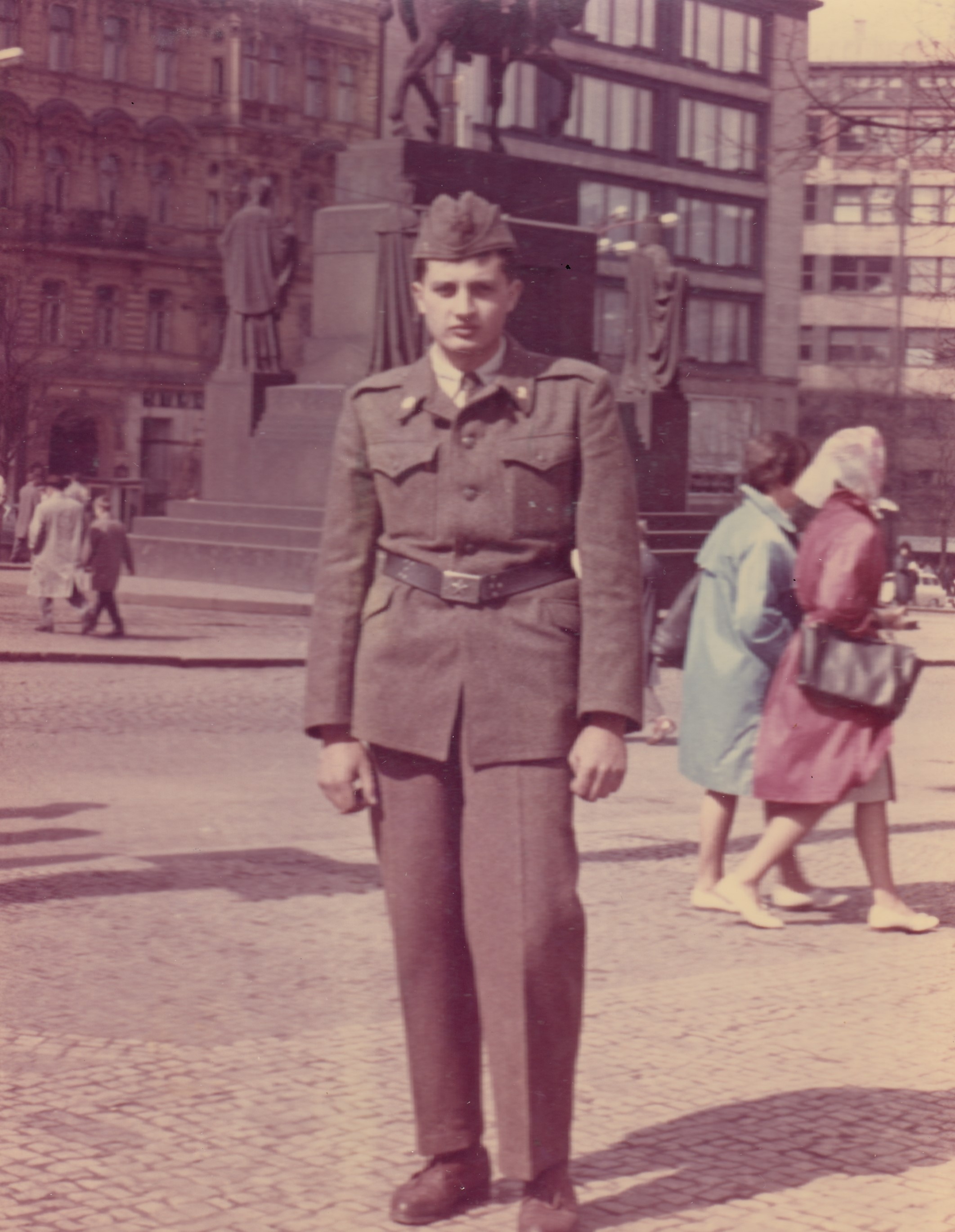At school, we were shouted at for being kulaks

Stáhnout obrázek
Petr Bubeník was born on 29 June 1945 in Uherský Ostroh to Marie, née Červenáková, and Josef Bubeník as the second of four children. His parents had a farm of about 15 hectares. The family was touched by collectivisation, and the father resisted joining the agricultural cooperative farm (JZD) for a long time, signing up only in 1957, when the family was threatened with eviction to the border village of Rapšach. The same fate had already had his mother‘s relatives - the Ludvík family. In 1950, mother‘s brother Josef Červenák emigrated. In connection with his departure for the border, another of mother‘s brothers, Antonín Červenák, was prosecuted - he was sentenced to four and a half years in prison and later, mentally broken, was hospitalized in a psychiatric ward. He returned home as legally incapable. Petr grew up with the label of a child of a kulak family, trained as a bricklayer, and worked most of his life in the Ostroh Cooperative Farm. In 1968 he married Marie Paluříková, and in September of that year their daughter Alena was born. The marriage was short-lived. In 1972 he was sentenced to eight months with a suspended sentence of two years for attempting to leave the republic illegally during a trip to Yugoslavia. He married a second time in 1981, to Milena, née Ivanová, they raised their son Pavel (1982) and her daughter Magdalena. Petr Bubeník took part in the pilgrimage to Velehrad in 1985, and in 1989 in the canonization of Agnes of Bohemia in Rome. After the Velvet Revolution he managed to get back his family property as part of restitution. In the 1990s, he and his son Pavel started farming again. In 2024, at the time of recording, he was living in Uherský Ostroh.

























































